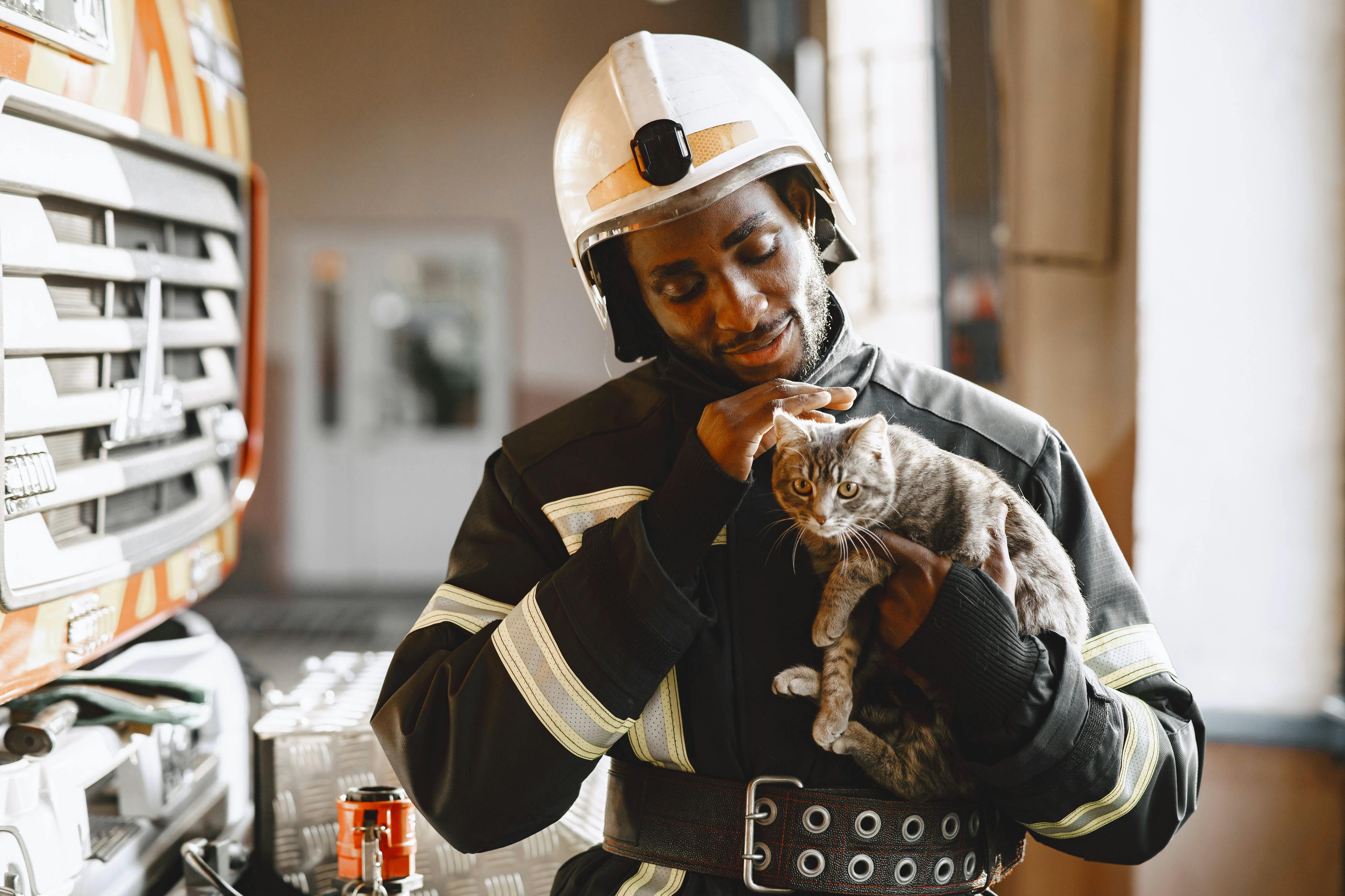Emergency Pet Care Trussville: Complete Local Guide
Emergencies can strike pets at any time, and knowing what to do could mean the difference between life and death. In Trussville, Alabama, understanding emergency pet care is essential for every pet owner. This in-depth guide walks you through everything you need to know—from first response to advanced treatment options—to ensure your furry companion receives the care they deserve.

Understanding the Fundamentals
Emergency pet care refers to immediate medical attention given to pets suffering from sudden injuries or health crises. Whether it’s a car accident, allergic reaction, or sudden illness, having a basic understanding of emergency care ensures you’re prepared.
Historically, pet owners had limited access to emergency services outside of business hours. Fortunately, Trussville now has more options for urgent care, thanks to growing demand for 24-hour vet clinics and mobile animal hospitals.
1.1 Recognizing a Pet Emergency
Knowing how to identify an emergency is critical. Signs can include heavy bleeding, seizures, unconsciousness, bloated abdomen, or rapid breathing. According to the American Veterinary Medical Association, delayed action increases the risk of irreversible damage.
For example, if your dog ingests chocolate, immediate intervention can prevent liver failure. Pet owners often assume symptoms will pass, but this misconception can be deadly.
1.2 The Golden Hour Principle
The “Golden Hour” refers to the crucial first 60 minutes after a traumatic event. Like human care, fast response during this time improves survival odds. Emergency pet care in Trussville emphasizes minimizing delay in transportation and care.
Local clinics that offer rapid stabilization techniques have shown better recovery rates. This concept is especially vital for road accidents and poisoning incidents.
Practical Implementation Guide
Now that you’re familiar with the basics, it’s time to apply them. Implementing emergency pet care practices at home and on the go can significantly improve outcomes. Trussville residents should familiarize themselves with local options and create a pet emergency plan.

2.1 Actionable Steps
- Assemble an Emergency Kit: Include gauze, antiseptic wipes, tweezers, gloves, a digital thermometer, and your vet’s contact info.
- Locate Emergency Clinics: Identify the nearest emergency vet Trussville location and save it in your phone.
- Create a Response Timeline: Assign roles for family members—who drives, who calls the vet, who manages the pet.
2.2 Overcoming Challenges
Common obstacles include transportation issues, misjudging symptom severity, and lack of after-hours service. Address these by:
- Keeping a pet carrier ready at all times
- Maintaining updated vaccination and medical records
- Joining local online pet forums for instant advice
Experts recommend practicing mock drills every six months. This helps reduce panic and sharpens response time in real emergencies.
Advanced Applications
For pet owners looking to go beyond the basics, advanced techniques and tools are now accessible in Trussville. These strategies are especially useful for aging pets or those with chronic conditions.

3.1 Using Telemedicine for Emergency Screening
Virtual vet consultations are rising in popularity. Platforms allow for real-time assessments, reducing unnecessary trips. Trussville residents have started using tele-vet services to determine urgency before rushing to a clinic.
In a case study, a cat suffering from heatstroke was identified and stabilized via video consult before arriving at the emergency pet care Trussville center, improving survival odds.
3.2 Integration with Pet Wearables
Smart collars and trackers monitor vitals like heart rate and temperature. These devices sync with emergency systems to alert owners of irregularities. Integration with local clinics is underway to streamline care responses.
Make sure your devices are compatible with your chosen emergency care provider’s systems for real-time data sharing.
Future Outlook
Emergency pet care is evolving rapidly. In the next 3–5 years, expect more mobile vet units and AI-assisted diagnostics in Trussville. Clinics are planning to incorporate predictive algorithms that warn pet owners of potential emergencies before symptoms appear.
To stay ahead, subscribe to pet health alerts and upgrade your pet’s wearable tech. Training courses for pet CPR and trauma care are also being introduced locally.
Conclusion
Here are the key takeaways:
- Emergency pet care in Trussville is critical and growing in availability
- Immediate response and preparation significantly increase survival chances
- Advanced tools like tele-vet services and wearables offer additional safety layers
Make emergency preparedness a priority for your pet. Begin by assembling your kit, learning basic first aid, and identifying local 24-hour clinics.
Don’t wait for an emergency—take action now to protect your furry family member.
Frequently Asked Questions
- Q: What qualifies as a pet emergency? Heavy bleeding, choking, seizures, or sudden collapse are all signs of an emergency that requires immediate attention.
- Q: How do I get started with an emergency plan? Begin by assembling a first aid kit and locating the nearest emergency vet Trussville clinic.
- Q: How much time do I have in a crisis? The first 60 minutes, known as the “Golden Hour,” are critical. Act immediately to improve outcomes.
- Q: What does emergency pet care cost? Costs range from $100 to over $2,000 depending on severity. Insurance can offset some of the expense.
- Q: Is emergency care better than urgent care? Emergency care is for life-threatening issues. Urgent care is for less severe, but still pressing, concerns.
- Q: Is it hard to learn pet CPR? Not at all. Local classes in Trussville offer hands-on CPR training in just a few hours.
- Q: What if my pet has a chronic condition? Chronic conditions require extra vigilance. Use smart trackers and schedule regular check-ins with your vet.
